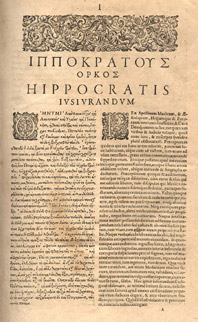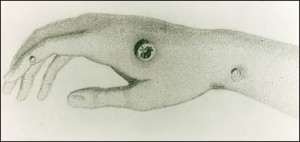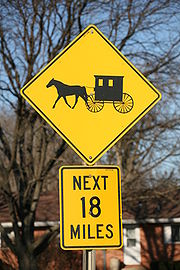 I’d like to wish all the medical students beginning their arduous four-year med school journey this month the best of luck. Reminiscing on my first days of medical school, I recall the thrill of reciting the Hippocratic Oath for the first time as part of a ritualistic White Coat Ceremony. It felt like the incantation somehow connected me to a long line of great men, from Hippocrates to Benjamin Rush to my childhood family doctor. It marked a distinct line between the life I had already lived and the medical profession that was to become a considerable part of my identity. But is the Hippocratic Oath an outdated, out of touch relic in the complex modern world?
I’d like to wish all the medical students beginning their arduous four-year med school journey this month the best of luck. Reminiscing on my first days of medical school, I recall the thrill of reciting the Hippocratic Oath for the first time as part of a ritualistic White Coat Ceremony. It felt like the incantation somehow connected me to a long line of great men, from Hippocrates to Benjamin Rush to my childhood family doctor. It marked a distinct line between the life I had already lived and the medical profession that was to become a considerable part of my identity. But is the Hippocratic Oath an outdated, out of touch relic in the complex modern world?
The original oath swears to deities that no longer “exist”, makes unreasonable promises of servitude to teachers, mandates free tuition, possibly forbids abortion and seems to prohibit surgery. Yet almost 100% of medical schools in the Unites States administer some contemporary adaptation of the Hippocratic Oath. According to the AMA’s Code of Ethics, the Oath of Hippocrates “has remained in Western civilization as an expression of ideal conduct for the physician.”
Has it? In all fairness, no one really recites verbatim the actual translation of Hippocrates’ Oath any more. Most medical schools use variations that preserve the best qualities of the oath, such as compassion and “first doing no harm,” and omit the tenets that seem bizarre in a modern context.
But let’s consider, line by line, the original Oath and how well it holds up, both literally and figuratively, for today’s medical physician, and then let’s see if we can distill it down to a 140 character tweet.
The Hippocratic Oath
I swear by Apollo Physician and Asclepius and Hygieia and Panaceia and all the gods and goddesses*, making them my witnesses, that I will fulfill according to my ability and judgment this oath and this covenant:
* While Ancient Greek Polytheism is certainly available as a choice of religions, it is not required that all medical students have a personal connection and faith in Apollo, Asclepius, et al, for the terms of this Oath to be meaningful. But the very act of swearing to a higher power, whether it be to a god or personal sense of honor, is a fundamental human tie that binds marriages and professions with a sense of duty and principle.

 Is food a shock to the system? The above quote is from Angela’s Ashes, and describes the author Frank McCourt’s father, a man as thin as a rail, who often swore off food. Although he was certainly no paragon of health, as evidenced by his smoking and heavy drinking, there may be a kernel of truth in his assessment of food as “a shock to the system.”
Is food a shock to the system? The above quote is from Angela’s Ashes, and describes the author Frank McCourt’s father, a man as thin as a rail, who often swore off food. Although he was certainly no paragon of health, as evidenced by his smoking and heavy drinking, there may be a kernel of truth in his assessment of food as “a shock to the system.”
 Welcome to Grand Rounds, a weekly gathering of medical people interested in sharing their best writing from the past week. I was there in the beginning, back in 2004, when Grand Rounds first started. Some might say that makes me old, but I prefer the term old school.
Welcome to Grand Rounds, a weekly gathering of medical people interested in sharing their best writing from the past week. I was there in the beginning, back in 2004, when Grand Rounds first started. Some might say that makes me old, but I prefer the term old school.

 As I get older I naturally find it more difficult to establish quick rapport and trust with teenagers in the context of routine physicals, and the advent of texting has acutely worsened this trouble.
As I get older I naturally find it more difficult to establish quick rapport and trust with teenagers in the context of routine physicals, and the advent of texting has acutely worsened this trouble.